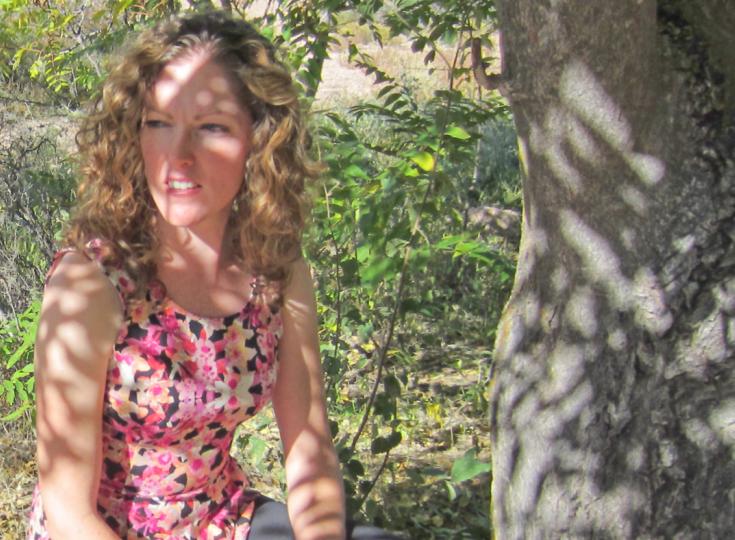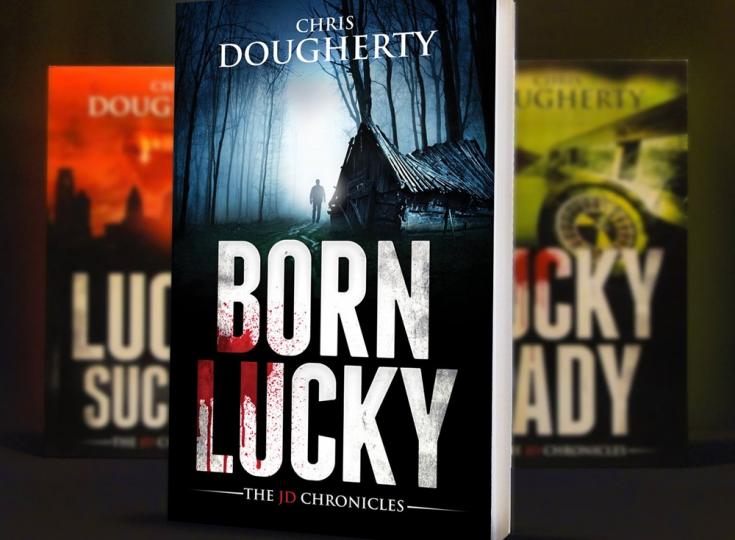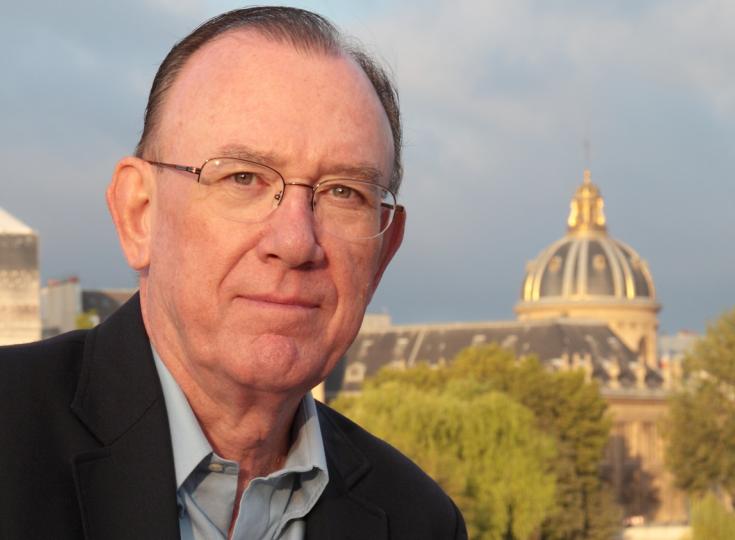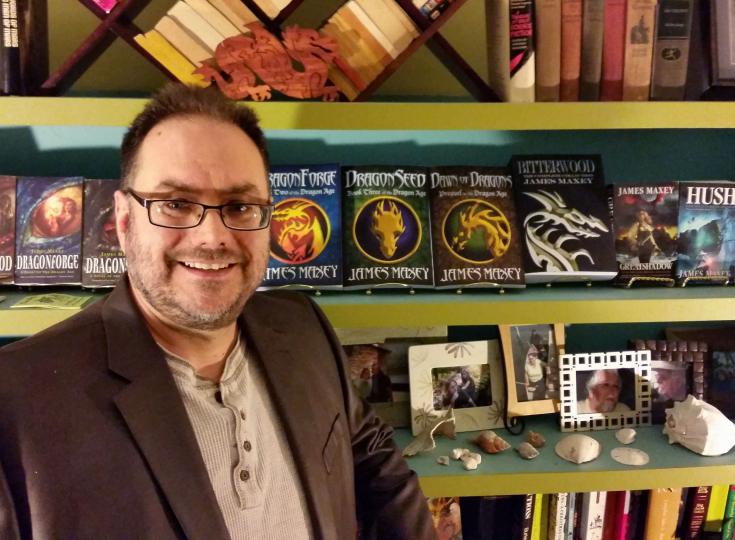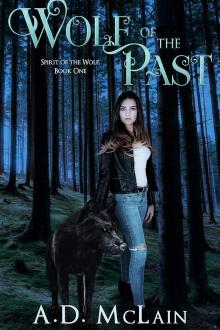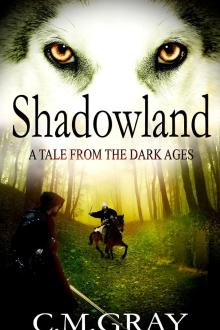Howard Kaplan - Gripping Spy Thriller set in Damascus
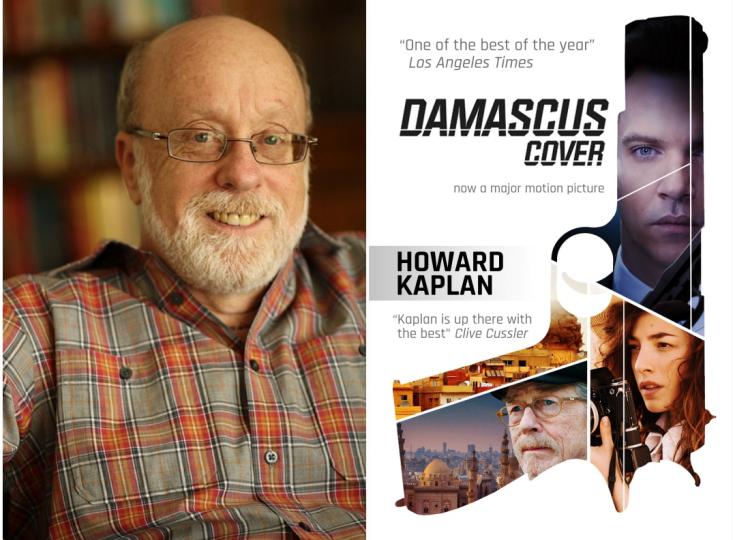
HOWARD KAPLAN, a native of Los Angeles, has lived in Israel and traveled extensively through Lebanon, Syria and Egypt. At the age of 21, he was sent on a mission into the Soviet Union to smuggle a dissident's manuscript on microfilm to London. His first trip was a success. On his second trip, he transferred a manuscript to the Dutch Ambassador inside his Moscow embassy. A week later, he was arrested in Khartiv in the Ukraine and interrogated for two days there and then two days in Moscow, before being expelled from the USSR. The KGB had picked him up for meeting dissidents and did not know about the manuscript transfers. He holds a BA in Middle East History from UC Berkeley and an MA in Philosophy of Education from UCLA. He is the author of five novels. DAMASCUS COVER is now a major motion picture starring Jonathan Rhys Meyers, Sir John Hurt and Olivia Thirlby. As our Author of the Day, he tells us all about this book and what inspired it.
Please give us a short introduction to what The Damascus Cover is about.
The DC has been likened to Le Carre’s The Spy Who Came In From the Cold. It’s a plot within a plot with a twist, in the end, nobody sees coming that fits all the puzzle pieces together. It Spent 3 months on the Los Angeles Times Best Seller List and has been widely translated.
What inspired you to write this story? Was there anything in particular that made you want to tackle this?
While an undergraduate at Berkeley I visited Damascus which greatly surprised me. An underground river from Lebanon rises in the desert, splits into seven branches, and forms this remarkable desert oasis of fruit trees. The apricot juice drunk during Ramadan all over the Arab world is manufactured there. Much of the city is built on great Roman ruins and on the caravan route from China to the Mediterranean. Damascus is the oldest continuously inhabited city on the planet. It seemed an exciting locale to set a thriller and move characters through these exotic sites.
You have worked as a spy yourself. How has this influenced the way you write your spy novels?
When I was in college I made two trips into the USSR to meet Russian dissidents. On the first, I smuggled a dissidents manuscript to London. On the second I transferred a manuscript to a foreign embassy as the Ambassador would not risk taking receipt of it outside. As we talked we wrote notes to each other. In the end, he wrote the last one: Be careful this is not James Bond. He then burned them all in his ashtray. Later I was arrested by the KGB in Kharkiv in Ukraine, then Kharkiv, after meeting in an apartment with another dissident. I was charged with consorting with known hooligans. I was interrogated for two days in hotel arrest, two more in Moscow and then expelled. I was followed in London by two KGB agents attempting to ascertain who sent me. They were relieved of their clothes and tied to trees in Epping Forest.
Damascus cover is now a major motion picture. Please tell us more!
A good story holds over time the way Fitzgerald, Hemingway, and LeCarre will continue to be read. DC was my first novel. 40 years after publication it was given to a director by a friend of his who had the old hardcover on her shelf. He read it, called immediately, and said he wanted to film it. Jonathan Rhys Meyers read the script overnight and jumped on board. Sir John Hurt was approached to play a role similar to the one he had in Tinker Tailor Soldier Spy. He read the script and actually asked to speak to the director. Hurt, the star of films like Elephant Man and 1984, felt there needed to be a broadening out of the ending. The director agreed and Sir John signed on. The film had a theatrical release in 2018, was featured later on Hulu, and now can be found on the free streaming service Tubi.
What did you have the most fun with when writing this book?
When the book was first sold to Dutton the editor handed me a novel, Harry’s Game, by Gerald Seymour, a thriller set in Belfast.
The editor said when you read this you can feel Belfast, the scents, the tastes the visuals. He said, “I want you to rewrite and do this for Damascus.” It was fascinating and changed my career and writing which are now known in all my novels for great detail of locales. Doing this for Damascus was a challenge but an exciting one. The Los Angeles Times wrote in a review: "In the best tradition of the new espionage novel. Kaplan's grasp of history and scene creates a genuine reality. He seems to know every back alley of Damascus and Cyprus."
The Chicago Sun-Times added: "Exceedingly rich in color about the Syrian capital."
Tell us more about agent Ari Ben-Sion. What makes him tick?
I was in my mid-twenties when I began to write DC. I had felt burnt out by the student movement, being followed by the secret police in Damascus (I quickly fled the country), and my interrogation by the KGB. My father wanted me to become a lawyer and continued to yell at me until he was 96, “You could have been a lawyer.” He lived lucidly to 103 so I guess by 96 he gave up. I wanted to write a novel and I felt readers would have little sympathy for a burned-out 23-year-old. So I transmuted those feelings into an older spy worn down by the word and created Ari.
Why did you pick the Middle East as the backdrop for this book?
I did my junior year abroad in Jerusalem on a dare. I met a professor from Columbia during the summer after my sophomore year and he challenged me: what makes more sense 4 years of rioting in Berkeley or 3 years of rioting and one in Jerusalem. I’m not very good at math but I could do this one. So I went. Much of life is random and that chance encounter brought a love for the Middle East. I’ve written 3 novels of Israel-Palestine reconciliation: Bullets of Palestine, To Destroy Jerusalem, and The Spy’s Gamble. That trilogy is best described by a review of Bullets of Palestine in a Palestinian paper: Al-Fajr (Jerusalem Palestinian Weekly) “In a conflict where both sides have tended to dehumanize the other, Kaplan has created two extremely human characters—one Palestinian, the other Israeli. In observing such a fictional relationship I found myself looking at the Israelis that I came across this week in a slightly different manner. I found I wanted to try and shed some of the stereotypes that living on one side of the conflict had given me. Maybe this is the purpose of fiction in the first place—to break down barriers.”
The plot contains a lot of twists and turns. Did you plan it all out before you started writing, or did some of it just "happen" along the way?
I taught writing for a decade at UCLA Extension. I always taught beginning novelists that it’s best to know your ending before you begin then everything can move and circle back to where the novel is always headed. In my first novel, it was not the case. Two-thirds of the way through I needed to create a new character to have a conversation with an existing one. Immediately I saw there was something unexpected and significant I could do with this new character.
What are you working on right now?
My sixth novel, THE SYRIAN SUNSET, and my most important was published in November 2022. A sweeping novel of international intrigue about the Syrian Civil War, the failure of the West to save the Syrian People, and how that inaction against the Russian incursion emboldened Vladimir Putin to attack Ukraine.
Readers in Amazon reviews have called it my best with the deepest characters. It’s my most historical thriller. All the events in it are true and all the characters who move through them are fictional. Though I didn’t have it in mind initially, it’s also very funny and readers have appreciated that juxtaposition.
***** For a terrifying book, Howard Kaplan's The Syrian Sunset is a surprisingly enjoyable read. I couldn't put it down, but at the same time, I found the historical information the story is based on deeply disturbing.
***** Few authors are able to take you both inside the minds and hearts of protagonists while creating a sense of place that is so visual it is almost cinematic.
***** Kaplan has created some very funny and likable characters as he explores a very bitter subject. His political commentary is worth the read.
***** A stunner. A book about culture and barbarism; mankind's ability to survive and its inexplicable inhumanity to others, including its youngest citizens; the history of a region and its systematic demolition; love and treachery.

A spy walks the dangerous line between love and survival. LA Times Bestselling Spy Thriller. Now a Major Motion Picture. "Kaplan is up there with the best." - Clive Cussler
